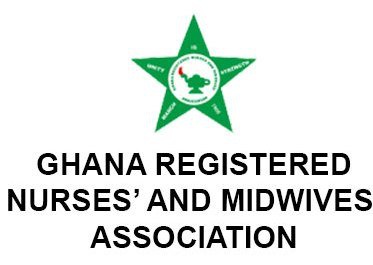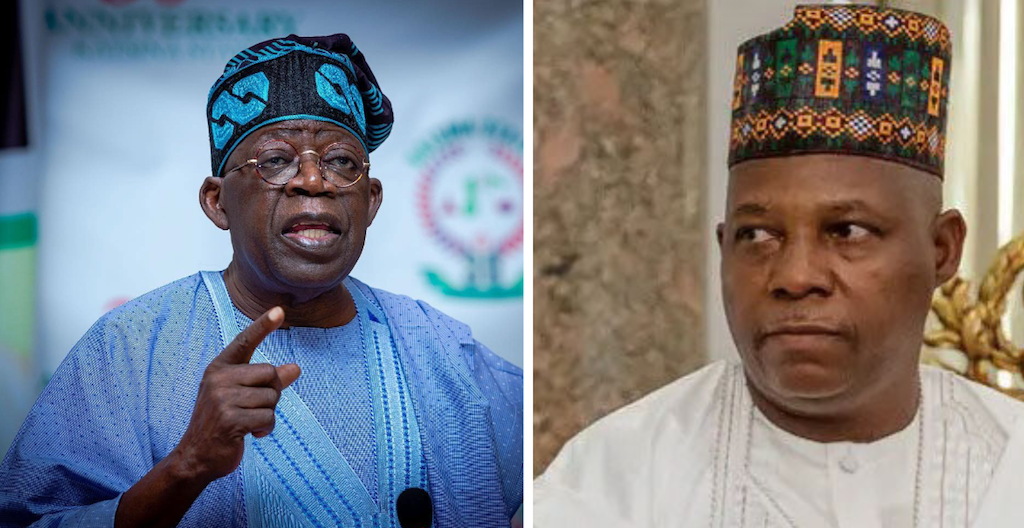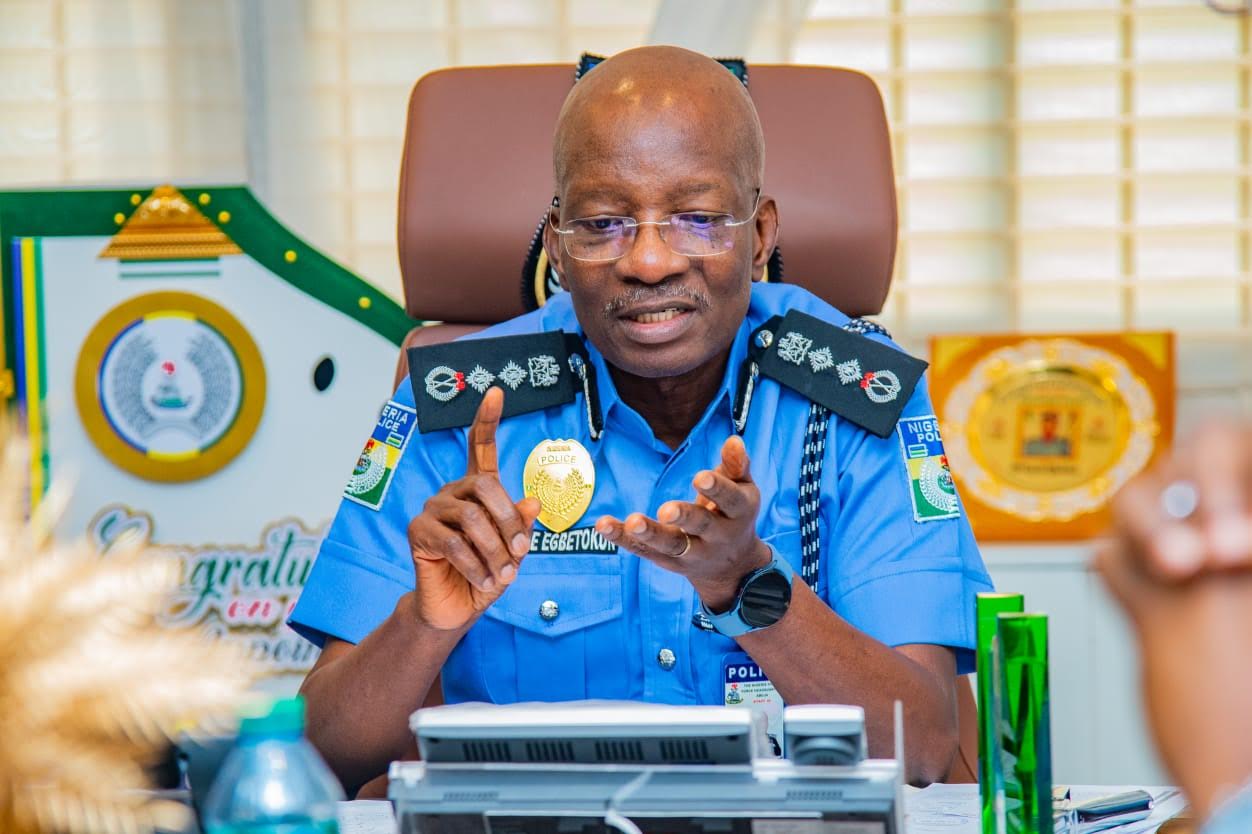Faith And Power: Will Tinubu Fly Again On Muslim-Muslim Ticket?
As Nigeria inches towards the 2027 general elections, the All Progressives Congress (APC) faces a defining question: Can it pull off another presidential victory, using the same strategy that worked—controversially—in 2023?
The Muslim-Muslim ticket of President Bola Ahmed Tinubu and Vice President Kashim Shettima sparked fierce national debate.
While it secured victory, it also raised critical concerns about national unity, religious representation, and political inclusivity. Now, as political permutations begin to take shape, many are wondering if the same formula can work a second time.
The decision by the APC to field a Muslim-Muslim ticket in 2023 was, to many, a political gamble that defied Nigeria’s unwritten power-sharing principle.
Since the return to democracy in 1999, religious and regional balancing has been an essential feature of presidential tickets. The Tinubu-Shettima pairing shattered that precedent.
While the APC justified its choice on the grounds of political pragmatism and competence, critics saw it as insensitive to Nigeria’s religious diversity. Yet, the ticket managed to win—though with just 37% of the votes, amid record low-voter-turnout.
“I believe the APC underestimated the symbolic damage,” said Dr. Yemi Farouk, a political scientist at the University of Ibadan. “Yes, they won, but at what cost?
The victory was narrow, and the legitimacy was questioned by many.”
Inside the APC, opinions on whether to repeat the Muslim-Muslim formula are deeply divided.
While some party strategists argue that it delivered the North-South alliance needed to win, others fear the party may not survive another cycle of religious controversy.
Governor Nasir Idris of Kebbi State, a staunch Tinubu supporter, downplayed the issue.
“Religion has never put food on the table. Nigerians voted for track records, not turbans or cassocks,” he told Sunday Independent in a recent interview.
However, another APC chieftain from the South-East, speaking anonymously, warned: “We were lucky in 2023. Nigerians gave us the benefit of the doubt. But the resentment from the Christian community, especially in the North-Central and South-East, was real. To do it again might be political suicide.”
Interestingly, some Muslim groups that supported the 2023 ticket now express disappointment in the Tinubu administration’s religious inclusiveness—or perceived lack thereof.
The Supreme Council for Shari’ah in Nigeria (SCSN), one of the more vocal Islamic groups during the campaign, has recently criticized the administration for sidelining Northern Muslims in key policy matters.
Speaking to Sunday Independent, Sheikh AbdurRasheed Hadiyyatullah, the Council’s president, remarked: “We supported the ticket because we believed it would balance competence with Islamic values.
“One year later, we are not seeing significant gains for our communities, especially in the North-West. It’s a reality check.”
This growing discontent among some Northern Islamic blocs could create fractures within the APC’s traditional base—fractures that could widen if the party insists on repeating the same religious ticket.
The Christian Association of Nigeria (CAN), which had openly criticized the Muslim-Muslim ticket in 2023, remains vehemently opposed to any such recurrence.
Reverend John Hayab, a CAN representative in Kaduna, told Sunday Independent: “The 2023 election was a betrayal of our national values.
“We watched as a major political party ignored millions of Christian voters. It may have worked once, but I assure you, it will not work again.”
Echoing this sentiment is Primate Elijah Ayodele, the leader of INRI Evangelical Spiritual Church, a Lagos-based cleric known for his outspoken political prophecies.
“God is not in support of this ticket,” he said in a viral sermon earlier this year. “If they attempt it again, the backlash will be worse.”
Yakubu Dogara, former Speaker of the Federal House of Representatives, labeled the ticket as “satanic” and warned it could lead to national disintegration.
Many political analysts argue that the 2023 win had less to do with religious composition and more with opposition fragmentation and APC’s electoral machinery.
With PDP’s Atiku Abubakar and Labour Party’s Peter Obi splitting the votes— especially in the North and South-East respectively—the APC was able to capitalize on its strongholds in the South- West and North-West.
Amaka Anku, Africa director at Eurasia Group, told Bloomberg shortly after the election: “Tinubu’s win was as much about voter suppression and mobilization strategy as it was about fragmentation of the opposition. Repeating that under the same socio-political circumstances in 2027 would be a stretch.”
The implication is clear: what worked once under peculiar electoral circumstances might not work again—especially if opposition parties unite or voter awareness increases.
To understand public sentiment, Sunday Independent conducted a street poll across five major cities—Lagos, Abuja, Kaduna, Enugu, and Kano. The results revealed sharp regional divides.
In Lagos, a 32-year-old IT professional, Tobi Awoniyi, said: “I don’t care if they’re both Muslims or Christians. Nigeria is in a mess. We need capable hands.”
In Enugu, Chinwe Obasi, a schoolteacher, felt differently: “We are a diverse nation. Why should anyone exclude Christians from the presidency? That’s not unity.”
Interestingly, many respondents in Kano expressed indifference to religious pairing but emphasized performance.
“If Tinubu and Shettima fix the economy, I’ll vote for them again,” said Aminu Musa, a textile trader.
Vice President Shettima has increasingly become a political force of his own. Known for his eloquence and firm grip on policy issues, he is being quietly positioned as a possible successor in 2031—another factor that might influence the APC’s 2027 strategy.
In a closed-door session with APC stakeholders in March, sources told Sunday Independent that Shettima pushed for “a ticket that reflects national character, not just electoral mathematics.”
His statement is seen as a subtle warning against repeating the Muslim-Muslim structure.
At the recent APC summit held at Aso Villa Banquet Hall, the choice of a Muslim-Muslim ticket was top on the underground discussions among the heavy weights in the gathering.
Though President Bola Ahmed Tinubu was unanimously endorsed for a second term, the party big wigs are silent on the choice of Muslim-Muslim ticket in 2027.
President Tinubu has maintained silence on the matter. However, insiders suggest that his priority is economic reform and security for now—not succession politics.
Dr. Bamidele Ogunleye, a policy analyst, believes Tinubu will eventually face a moral and strategic dilemma.
“He must decide if he wants to be remembered as the man who shattered the religious balancing framework permanently or the leader who built bridges.”
Indeed, if Tinubu hopes to leave a lasting legacy, many believe he must work toward restoring trust among diverse ethnic and religious blocs.
The PDP and Labour Party may find in the APC’s religious insensitivity a unifying theme for 2027.
Already, whispers of a possible Atiku-Obi coalition are floating in political circles even though Obi has dismissed such possibility, saying he would rather prefer staying in LP and contesting against.
However, analysts believe such an alliance, if carefully negotiated, could command a broad religious and regional appeal.
“If they [APC] go Muslim-Muslim again, we’ll go Christian-Muslim and let Nigerians decide,” said Dr. Ahmed Waziri, a PDP strategist. “We’re watching their next move.”
As 2027 looms, the decision before the APC is not merely a political one—it’s symbolic. Will the ruling party repeat a controversial religious ticket, banking on electoral numbers and incumbency power? Or will it adapt to growing demands for inclusivity and unity?
The stakes are high, and for a country as deeply religious—and deeply divided— as Nigeria, the symbolism of its leaders matters almost as much as their policies.
You Might Be Interested In












